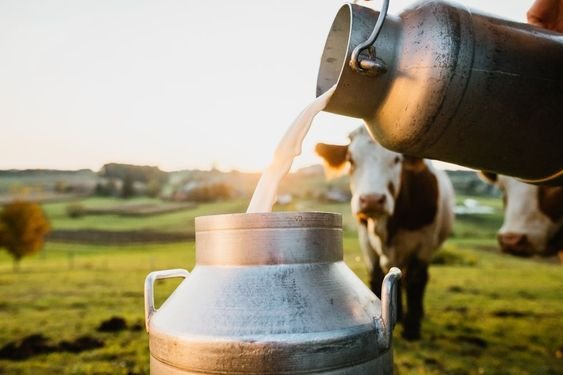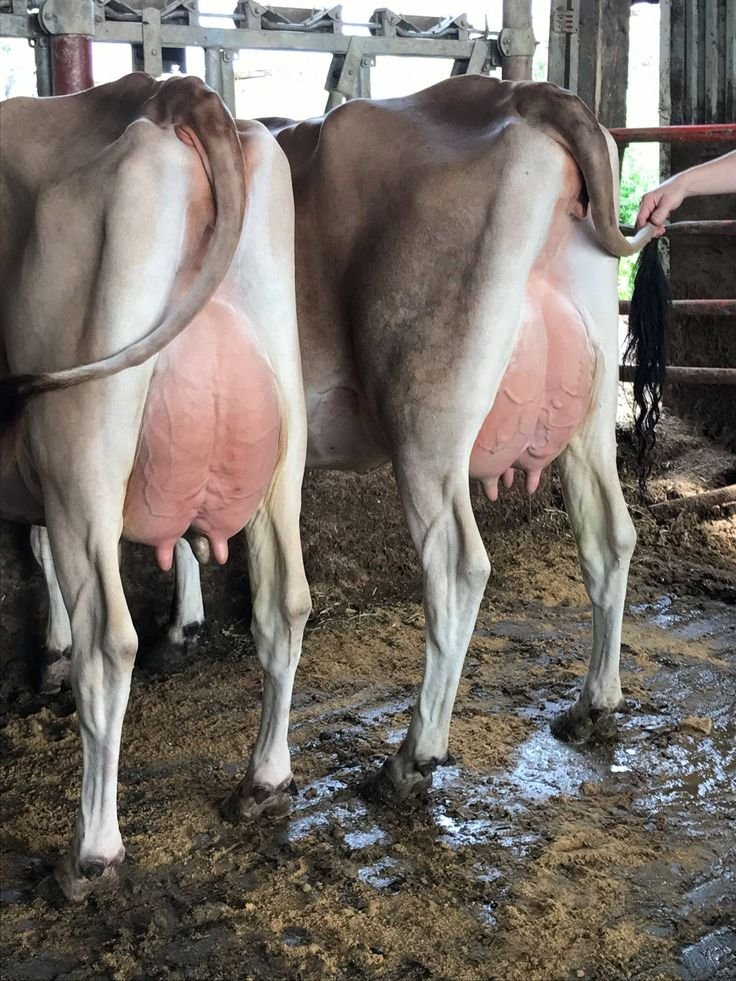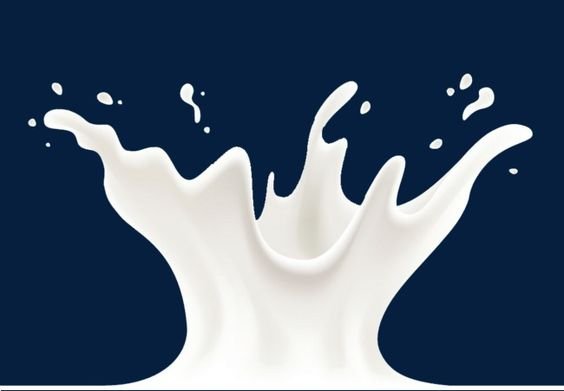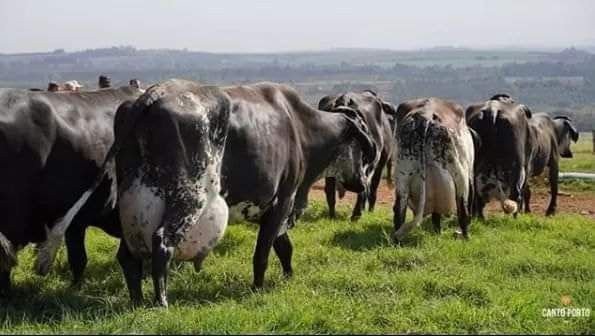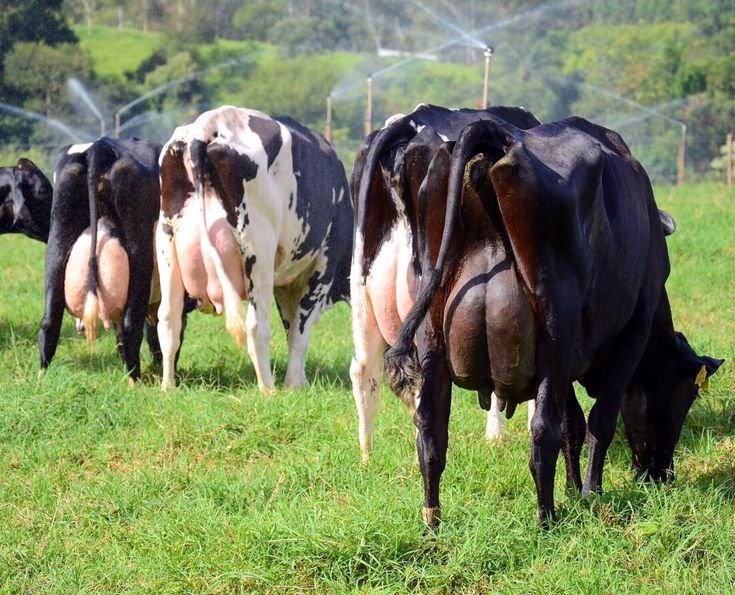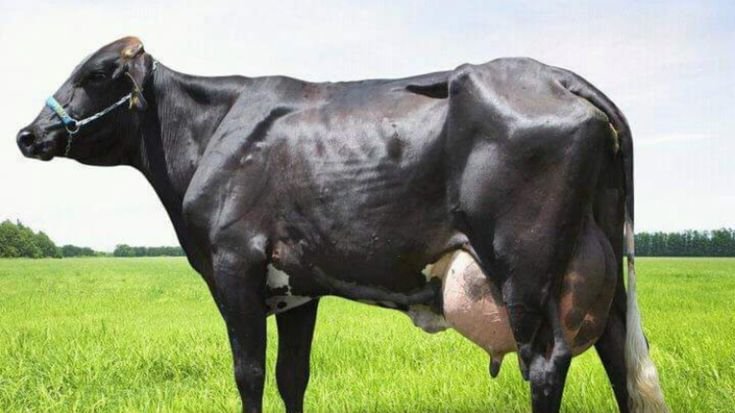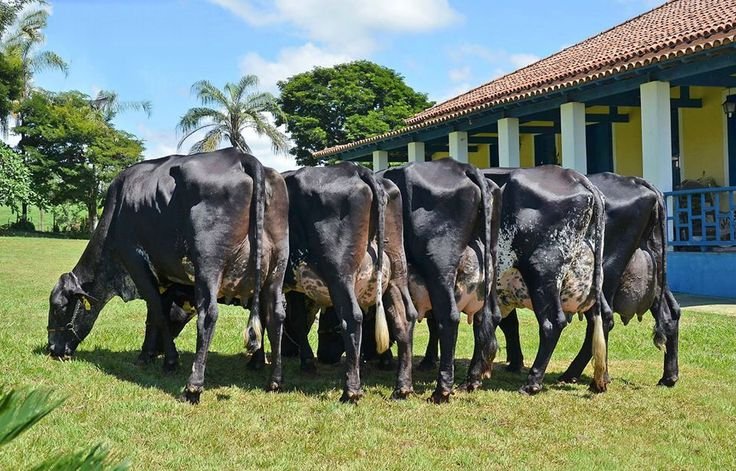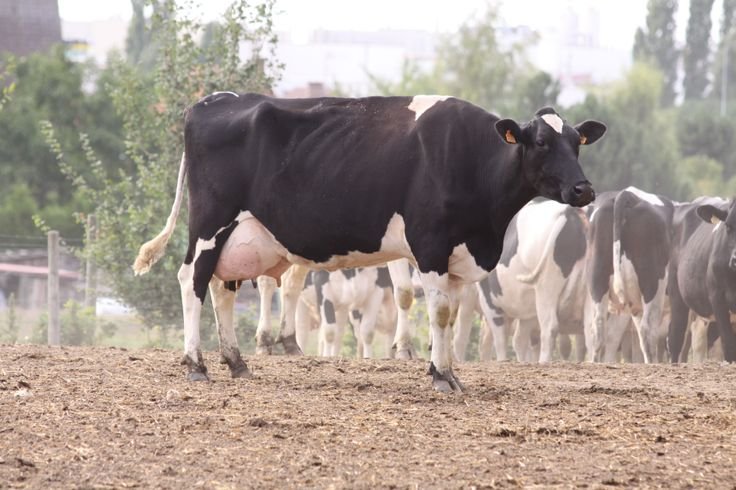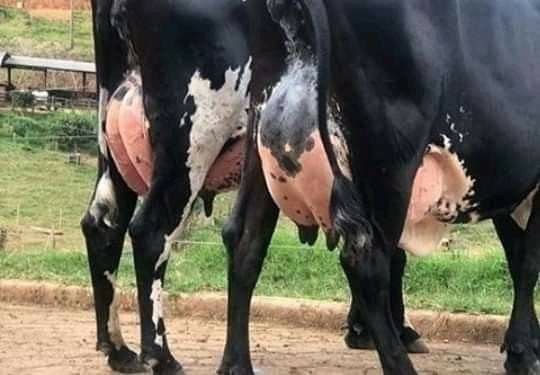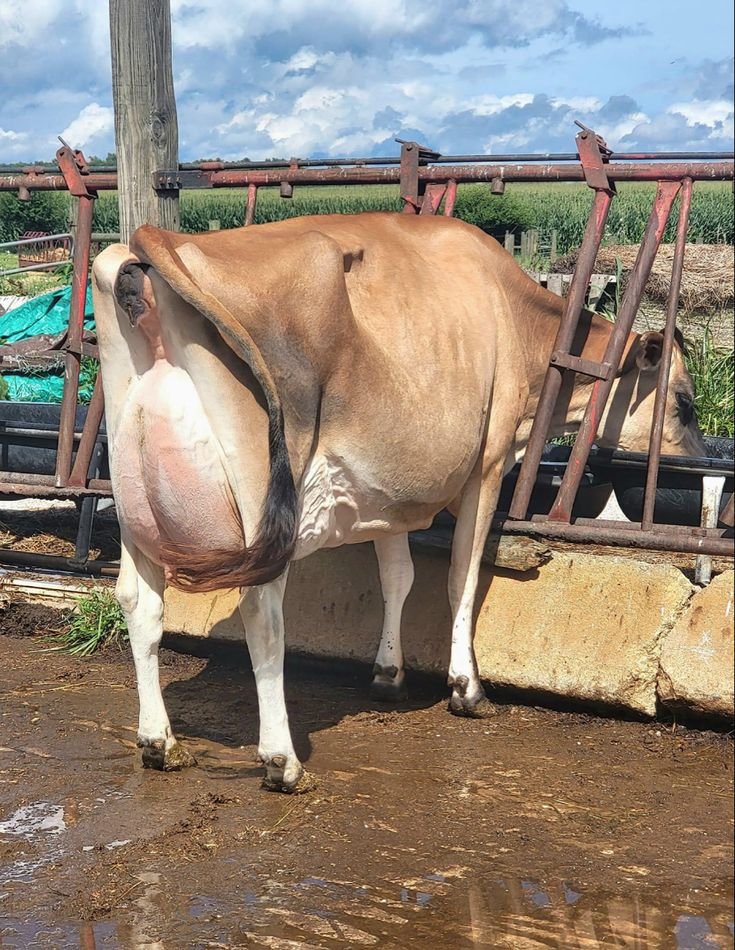In dairy farming, calcium plays a crucial role in supporting milk production, bone health, muscle function, and immunity. Calcium deficiency in dairy animals can drastically impact milk yield, animal health, and overall farm productivity. Recognizing and addressing this deficiency can ensure healthier animals and sustainable milk production. This article explores the effects of calcium deficiency on milk production and discusses practical solutions for dairy farmers to address this issue.
Why Calcium is Essential for Dairy Animals
Calcium is a vital mineral in dairy animals, especially for lactating cows and buffaloes. It supports milk secretion, muscle contractions, bone strength, and a healthy immune system. During lactation, cows and buffaloes require significant amounts of calcium to support both their own health and milk production. Without adequate calcium, they may experience a range of health issues, leading to decreased milk yield and increased vulnerability to diseases.
How Calcium Deficiency Impacts Milk Production
- Reduced Milk Yield
Calcium deficiency directly reduces milk yield. Since calcium is critical in milk production, a lack of it results in a reduced quantity of milk, impacting farm profitability. Cows with calcium deficiency may also produce milk with lower fat content and quality. - Milk Fever (Hypocalcemia)
One of the most severe effects of calcium deficiency is milk fever, also known as hypocalcemia. It occurs when blood calcium levels drop too low, especially in early lactating cows, leading to symptoms like muscle weakness, tremors, and even paralysis. Milk fever can reduce milk production significantly and, if not treated promptly, can even be life-threatening. - Weakened Bones and Structural Issues
Calcium is essential for strong bones. Deficiency weakens bones, making dairy animals more prone to fractures and skeletal issues. Weak bones can also impact mobility, making it difficult for the animal to graze and stay active, which indirectly affects their overall milk production. - Lower Immunity and Increased Health Risks
Calcium plays a role in maintaining the immune system of dairy animals. A deficiency compromises immunity, leaving cows and buffaloes more susceptible to infections and illnesses. Increased health risks mean more veterinary costs and less productive animals, affecting the farm’s economic performance.
Causes of Calcium Deficiency in Dairy Animals
- Inadequate Nutrition
An unbalanced diet lacking sufficient calcium, phosphorus, and other minerals is a primary cause of calcium deficiency. High-phosphorus diets can hinder calcium absorption, and lactating cows need a higher intake to sustain milk production. - Increased Demand During Lactation
Lactating cows and buffaloes experience a sharp increase in calcium demand. Milk production draws large amounts of calcium, often depleting the animal’s calcium stores if the diet is not properly supplemented. - Limited Sunlight Exposure
Vitamin D is necessary for calcium absorption. Dairy animals with limited sunlight exposure may suffer from Vitamin D deficiency, making it harder for their bodies to absorb and utilize calcium. - Health Conditions and Age
Older cows and animals with metabolic disorders or digestive issues may have impaired calcium absorption, contributing to deficiency. Aging animals often face a natural decline in nutrient absorption, necessitating higher calcium support.
Addressing Calcium Deficiency: Effective Solutions
- Calcium-Rich Supplements
Calcium supplements tailored for dairy animals are effective in preventing and correcting deficiency. Sumaani Pharma’s calcium supplements are designed to provide highly absorbable calcium, which meets the needs of lactating cows and helps prevent milk fever and other calcium-related issues. These supplements combine calcium with phosphorus and Vitamin D, ensuring balanced nutrition. - Vitamin D and Phosphorus Support
Vitamin D is essential for calcium absorption, and phosphorus works synergistically with calcium for strong bones and milk production. Providing balanced mineral mixes with Vitamin D, like those offered by Sumaani Pharma, can enhance calcium absorption and improve overall animal health. - Postpartum Calcium Therapy
Administering calcium gel or injectable calcium to cows after calving helps stabilize their calcium levels, reducing the risk of milk fever and other calcium-related complications. Postpartum calcium therapy can be particularly beneficial for cows with a history of milk fever. - Balanced Diet with Mineral Mixes
Ensuring a diet rich in essential minerals helps maintain calcium levels. Sumaani Pharma’s mineral mixes are formulated to address the specific needs of dairy animals, offering a balanced mix of calcium, phosphorus, magnesium, and trace minerals. Regular feeding with these mineral mixes can improve milk production and animal vitality. - Routine Monitoring and Early Detection
Regular blood tests help monitor calcium levels, enabling early detection of any deficiency. Monitoring is particularly important for early-lactating and high-yield cows, which are more susceptible to calcium deficiency.
Calcium deficiency in dairy animals is a common but manageable issue that can significantly impact milk production, animal health, and farm profitability. By understanding the causes and addressing calcium deficiency through balanced diets, supplements, and proactive calcium support, farmers can improve the productivity and health of their dairy animals. Sumaani Pharma provides reliable, high-quality calcium supplements and mineral mixes that help ensure dairy animals receive the nutrients they need for optimal milk production and long-term health.

